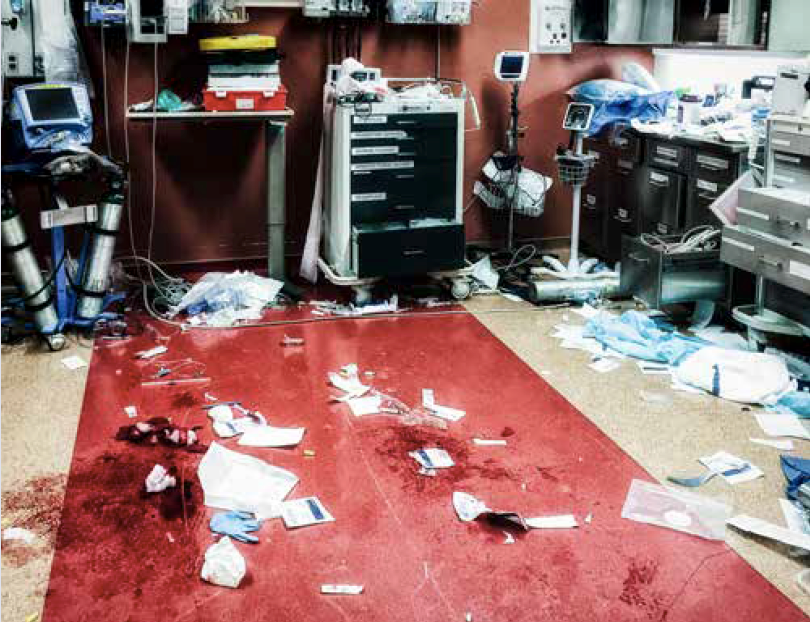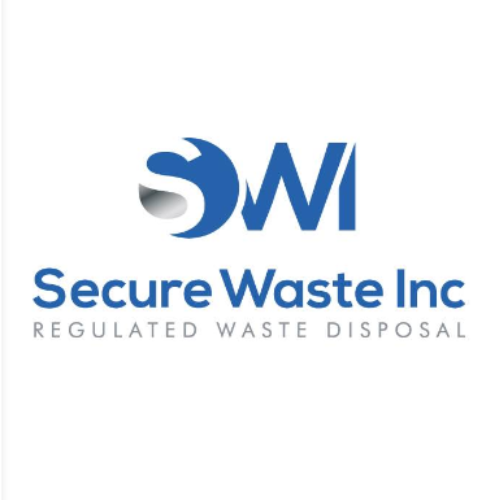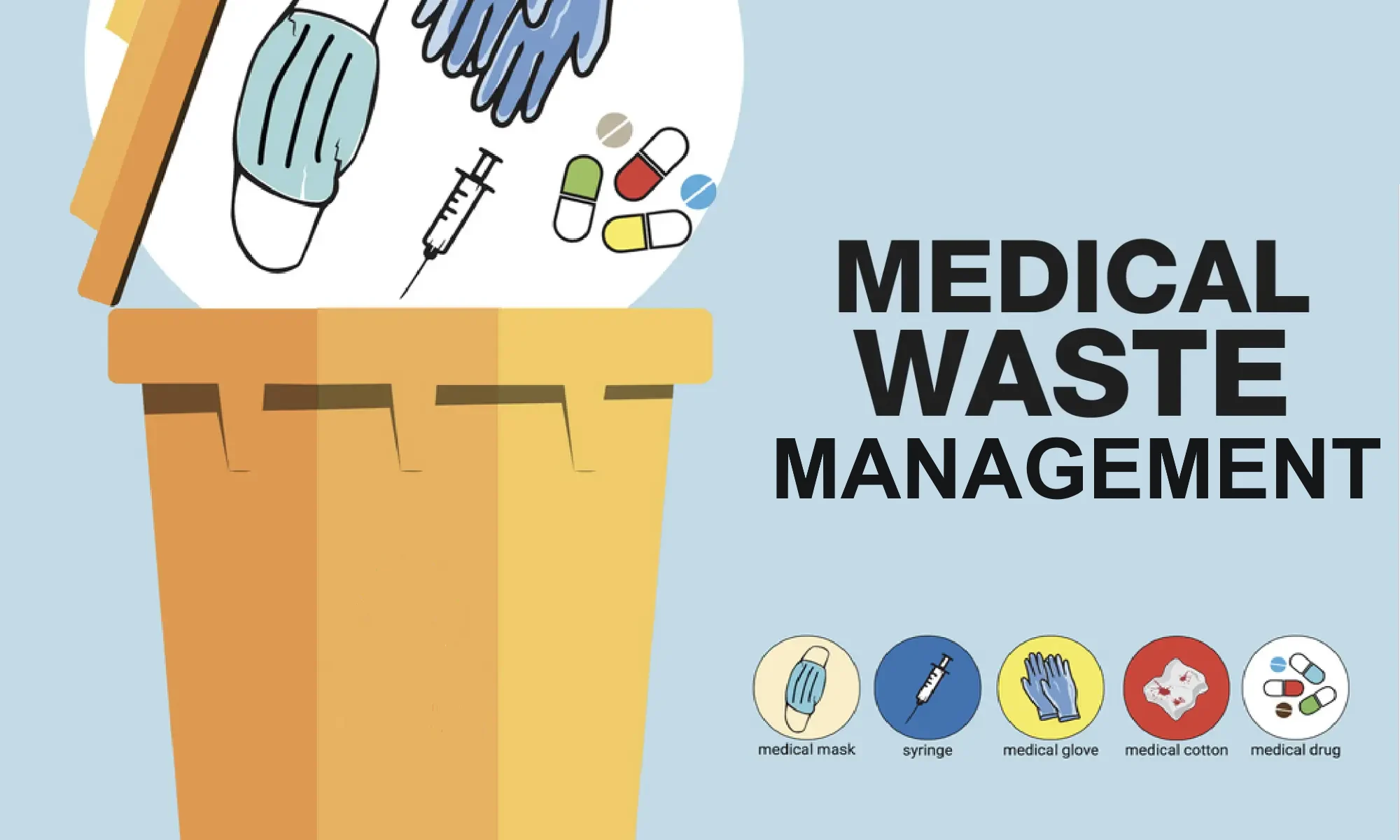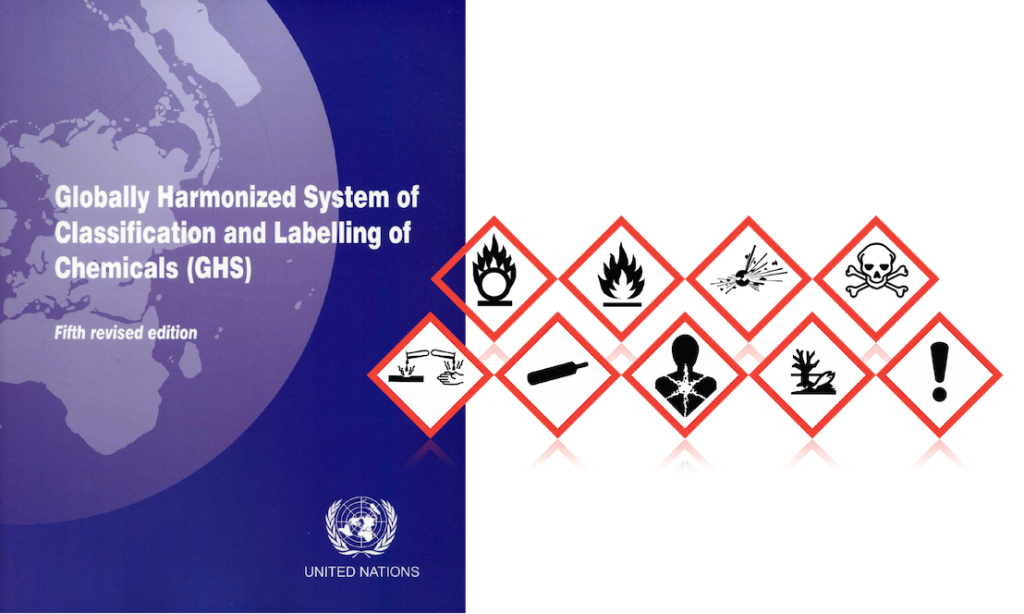Discharging Blood and Bodily Fluids Down the Drain: Is This Still Acceptable in 2025? Expert Answers and Solutions Today On Regulated Infectious Waste
Several safe and effective options must be implemented when disposing of leftover blood or possibly infectious bodily fluids after laboratory procedures, such as suction or bulk blood.
First, state-approved treatment technologies should be employed to inactivate these materials. Alternatively, small amounts can be carefully poured down a utility sink drain or toilet.
Still, it’s critical to adhere to state regulations regarding the volume of blood or body fluids permitted for discharge into the sanitary sewer.
Healthcare providers who handle and manage biomedical or medical waste should not overlook that some restrictions may apply under certain circumstances.
Prioritizing safety is essential, particularly regarding liquid medical waste in hospitals, which is often classified as regulated waste.
Regulated Medical Waste Classification “Review Here”
This includes liquid from suction canisters in emergency rooms, fluid-saturated cleaning materials, and blood-soaked gauze or personal protective equipment (PPE).
In properly managed facilities, liquid medical waste is stored in puncture-proof, leak-proof containers. Packaging and labeling waste according to regulations is vital, as well as handling potentially infectious materials separately from non-infectious waste.
By staying informed and proactive, we contribute to a safer healthcare environment for all!
It’s important to note that no evidence links bloodborne diseases to contact with raw or treated sewage. Many bloodborne pathogens, particularly viruses, do not remain viable in the environment for extended periods.
Thus, discharging small quantities of blood and body fluids into the sanitary sewer is generally considered safe and responsible.
Take A Deep Dive With The CDC For More Information On Infection Control And Fluid Discharge

Secure Waste highly advises that you carefully review the regulations set forth by your local city, county, and state authorities before disposing of any bodily fluids down the drain. For additional guidance and support, your local health department and water and sewer commission are valuable resources that can provide essential information and help ensure compliance with health and safety standards.
Do You Need Regulated Waste Disposal “Click Here”
Several factors enhance the effectiveness of this disposal process:
- Dilution: Mixing discharged materials with water reduces their concentration.
- Inactivation: Pathogens are exposed to cleaning agents, disinfectants, and chemicals in raw sewage, which neutralizes potential threats.
- Treatment Efficiency: Modern sewage treatment facilities are designed to deactivate any residual pathogens that may enter the system
We can confidently assert that small amounts of blood and body fluids will not disrupt the functioning of municipal sewer systems. However, caution must be exercised with larger quantities containing high protein levels, which can impact the system’s biological oxygen demand (BOD). Please look at local municipal regulations to determine best practices for disposing of larger fluid volumes.
Although concerns are associated with septic tank systems’ blood and body fluids discharge, studies demonstrate that these systems do not transmit bloodborne infections. A well-maintained septic system is capable of effectively inactivating pathogens. Always follow the manufacturer’s guidelines to ensure safe and appropriate disposal practices without compromising the system’s operation.
By embracing these disposal methods, we ensure responsible waste management while safeguarding public health and the environment.
Conclusion: now that you know more about discharging blood and bodily fluids down the drain, contact Secure Waste.
We provide reliable, compliant, eco-friendly medical waste disposal solutions for your facility’s needs. We have expertise in biomedical, hazardous waste, and Sharps container disposal. In addition, we provide customized waste management plans, including secure collection and transport and sustainable disposal practices.
Contact us today for a FREE Waste Assessment, or request a quote online!

Expert Medical Waste Management: With over 25 years of industry experience, Secure Waste is a trusted local leader in hazardous and biohazardous waste disposal across Maryland, Virginia, and Washington, D.C. Specializing in medical waste management, sharps needle disposal, and biohazard waste removal, the company ensures full compliance with federal, state, and local regulations while prioritizing environmental sustainability.
The company also offers additional services, including secure document shredding and sharps container sales, providing comprehensive solutions for healthcare facilities and businesses. Our cost-effective services help clients maintain regulatory compliance without unexpected costs.
With a commitment to customer satisfaction, Secure Waste offers tailored waste management plans that align with industry best practices. Their team of experts provides reliable, timely, and compliant services, making them the preferred choice for medical waste disposal. For a free waste quote or more information, visit www.securewaste.net






